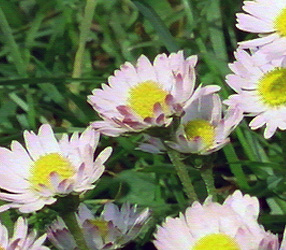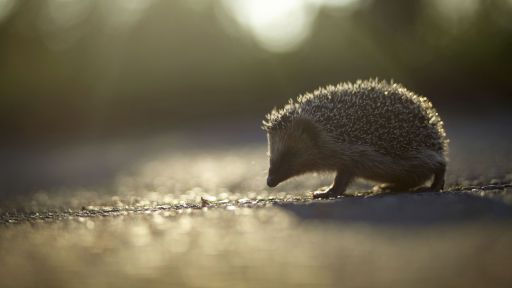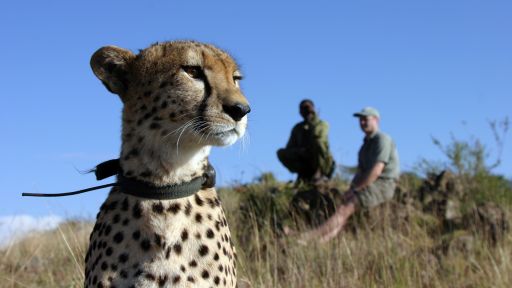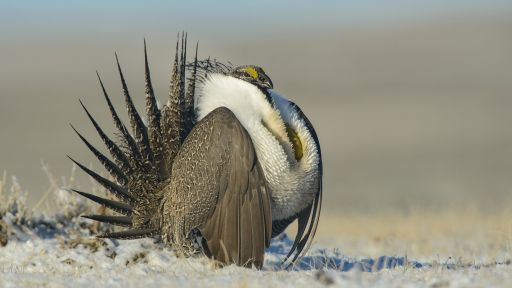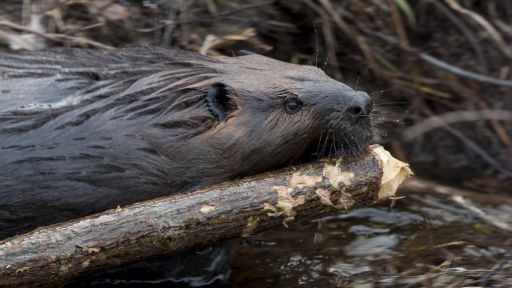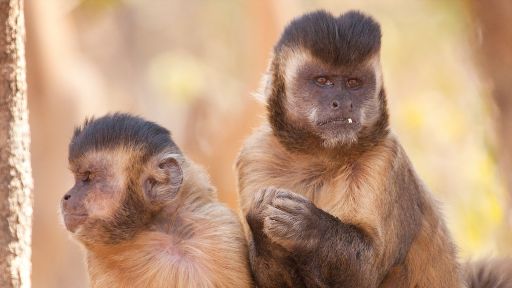In addition to providing havens for wildlife, backyard gardeners can also play an important role in saving some plant varieties from extinction. Over the last few centuries, farmers and gardeners have given up many traditional food crop varieties in favor of new, hardier varieties that are easier to grow and ship.
United States, for instance, has shrunk from more than 7,000 to fewer than 2,000 — and less than a dozen types make up the bulk of what is available in stores. Similarly, farmers in North and South America once grew thousands of tomato varieties; today, most have been lost or exist as seeds stored by elderly gardeners.
To save these often tasty and beautiful “heirloom” varieties, an increasing number of dedicated gardeners are growing these threatened plants and sharing the seeds with others. These “seed savers” have rescued hundreds of varieties, including many that are considered culinary superstars. Two leaders of this grassroots conservation movement are Kent and Diane Whaley of the nonprofit Seed Savers Exchange in Decorah, Iowa . The couple founded the Exchange in 1975 after an elderly, terminally-ill relative asked them to safeguard precious garden seeds brought from Bavaria four generations earlier. Today, the Exchange protects more than 13,000 endangered vegetable varieties, 700 old-time apples and 200 hardy grapes.
Plant breeders believe some of these old varieties hold genes that will allow them to create new, tastier crops that resist drought and disease, and require fewer chemicals. So far, 1,000 people across the country have joined the Seed Savers Exchange, using the organization’s newsletter and periodic meetings as a central clearinghouse for sharing information on growing treasured varieties and swapping rare seeds. The group also publishes a catalog and other materials that explain where to find heirloom varieties and how get started in seed saving. To become a conservator yourself, contact the Seed Savers Exchange. A winner of one of the MacArthur Foundation’s “genius grants” for his seed-saving work, Kent Whaley believes that gardeners committed to saving these seeds are providing insurance for the future. “It’s genetic treasure,” he says.

